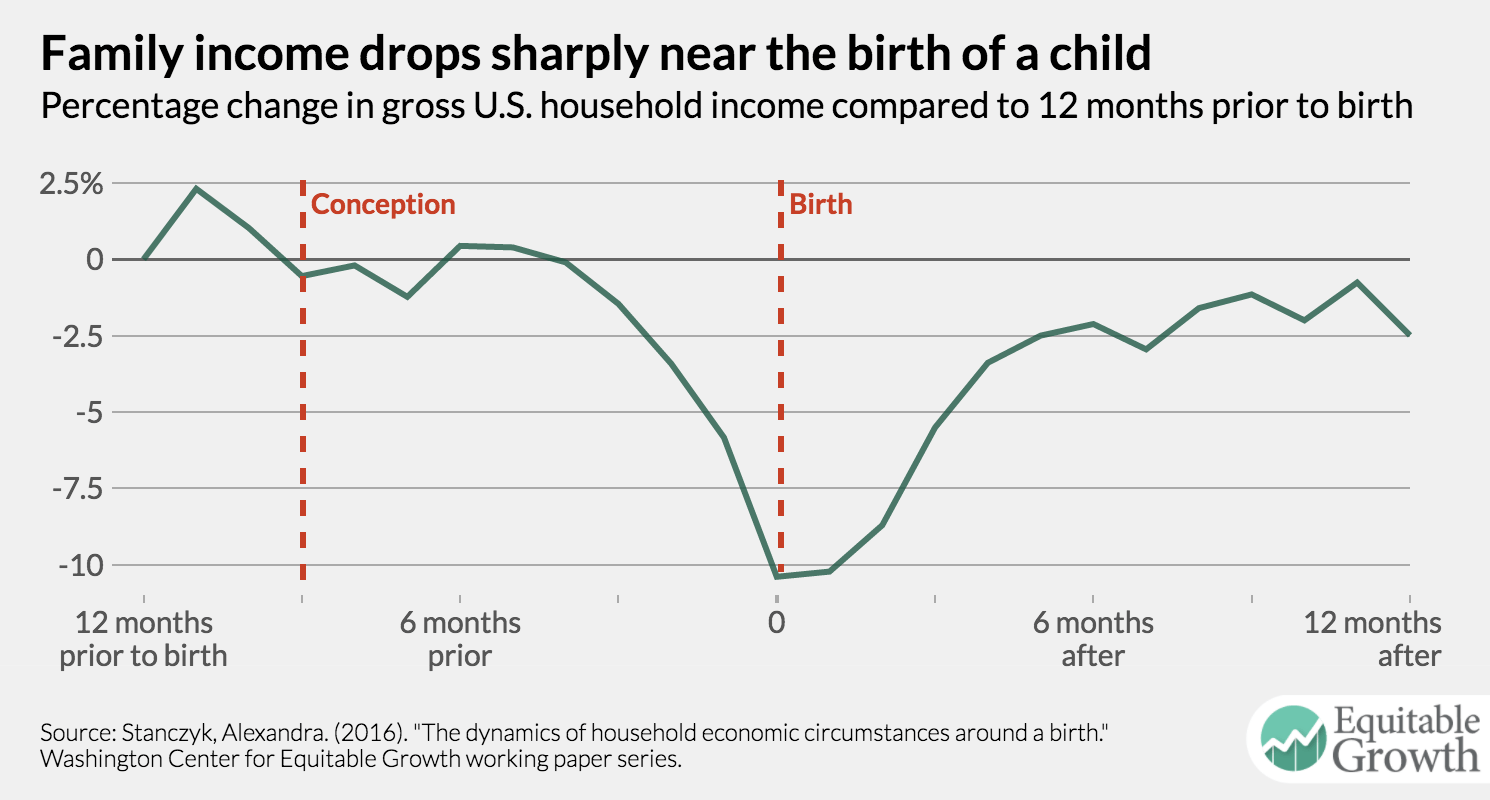Daniel Boffey: Brexit: leading banks set to pull out of UK early next year: Anthony Browne, head of the British Bankers’ Association, warns that major lenders are poised to hit relocate button
Brahman: A Few Thoughts…: “Trouble is that even @MarkFieldMP MP for the City can’t be bothered to fight to stay within the Single Market…
…A few thoughts on this Observer piece this morning:
Finance firms (FF) have high operational gearing – v high fixed costs and v low marginal costs so profitability depends on scale in capturing revenues – hence front line staff bonuses linked to revenue until quite recently not profits. This makes this a scale game in which a few successful firms do v well, (& pay a lot) & a large tail just do enough. Many FF of course are vanity projects that lose money all the time but are subsidised by offshore parents… that’s how the big US IBs built up their London activities in the first place, as famous paper by @JamesvS father Piers described so well in the late 1980s when he was at Warburgs.
The key is to keep fixed costs down and revenues high. Operating costs almost incidental and scale has implications. As only a few biz can be very profitable most just get by because scaled firms can pay more and weaken smaller biz and command wage premium for key staff Key staff can be reduced if biz is located in a fin centre where lots of qualified ppl work.
London big beneficiary of both passport that allows London firms to capture revenue scale across EU market and labour pool helps reduce labour costs. Remember that given operational gearing small falls (or increases) in revenue have big effects in firm profits in %. London faces TWO challenges – much higher fixed costs – regs and compliance, security, capital and IT move breakeven point for revenue & loss of passport may mean loss of some revenue. Even small loss could be an issue for many firms. Passport works now b/c whole EU has the same rules, regulators monitored by EU bodies and ECJ has final say. Hard to see how this survives post Brexit.
Fin Firms have to weigh loss of revenue involved in passport and higher costs of some things in Lon with wage premium needed to move key staff. Risk Lon firms face is that if any EU based firm manages to secure scale they could poach key staff and undermine profitability of London based business. It’s not just about whether Lon firms move. It’s also about competitive dynamics and risk.
If firms stay in London and no where emerges in EU as alt centre then London firms have to scale back given lower revenues & higher fixed costs. Not sure what Govt can do about this given Brexit direction of travel <end>


